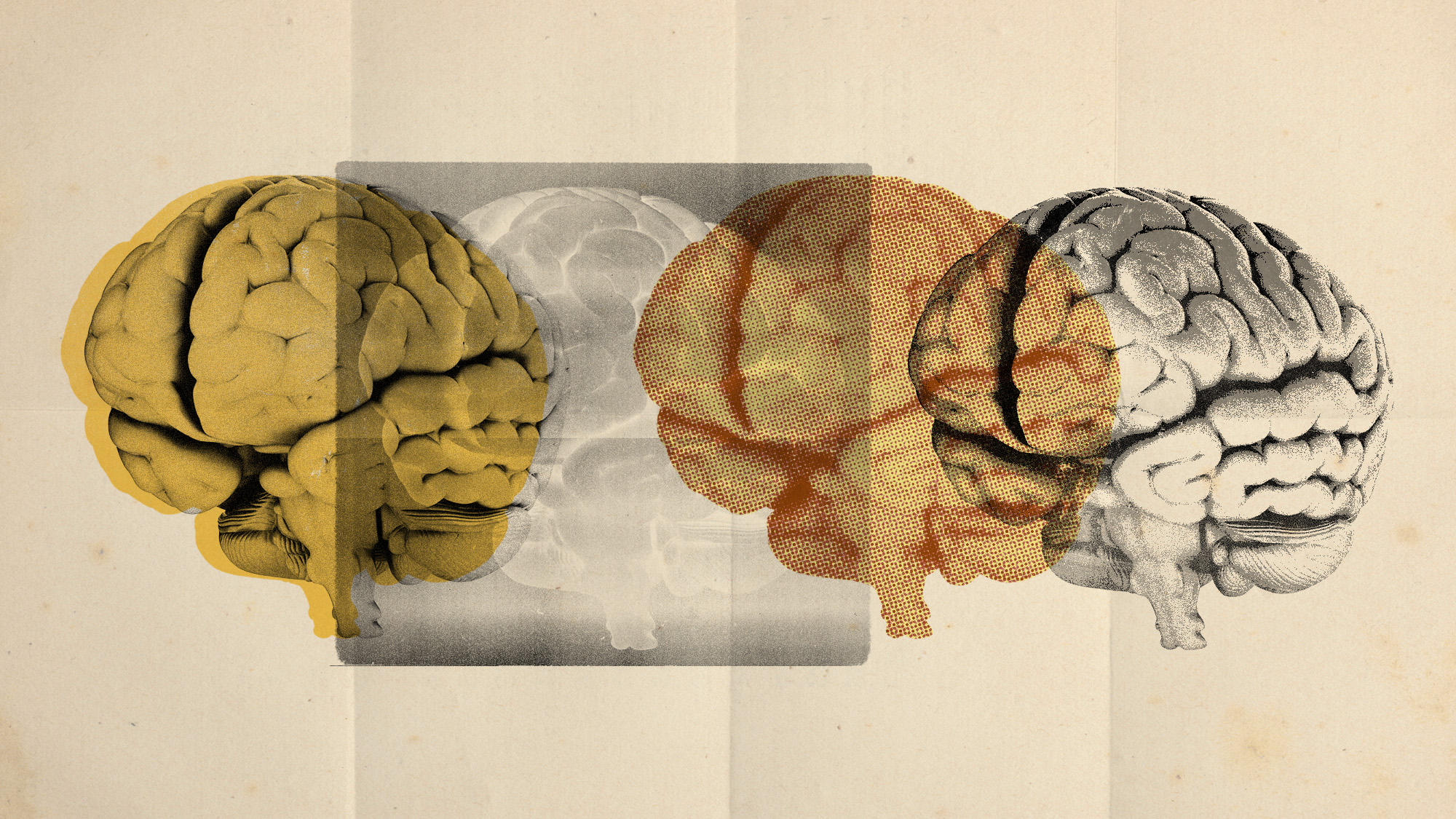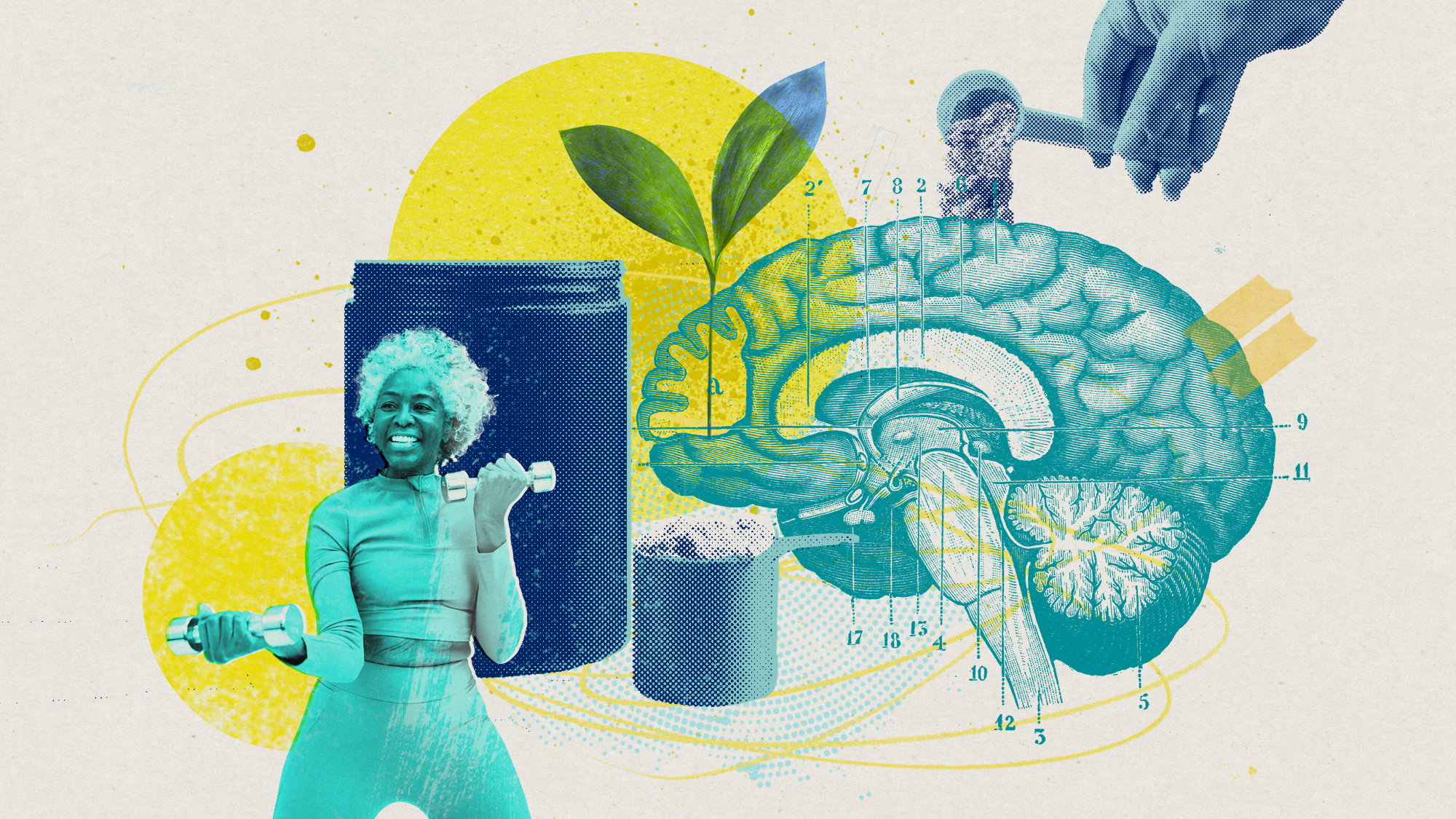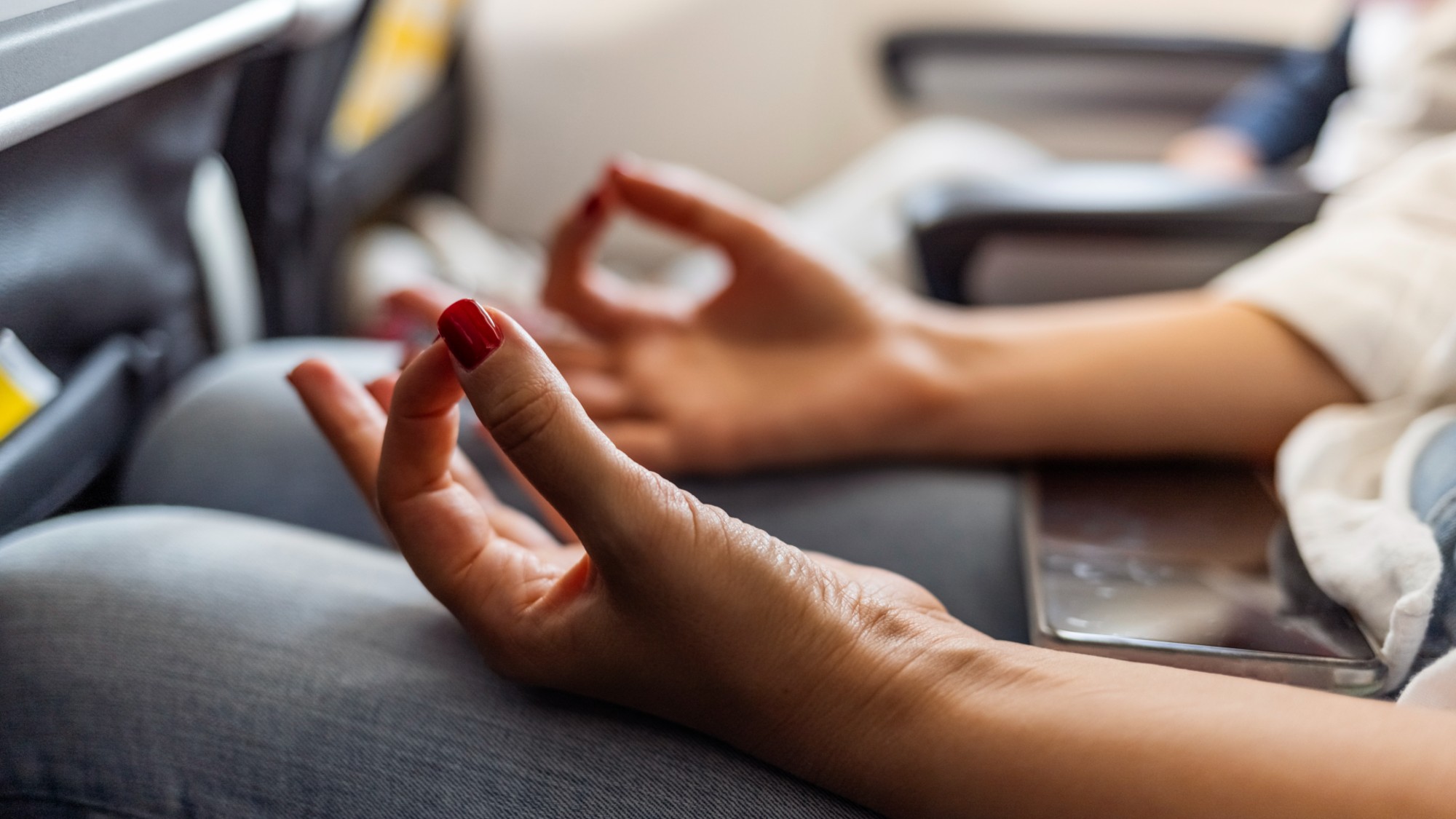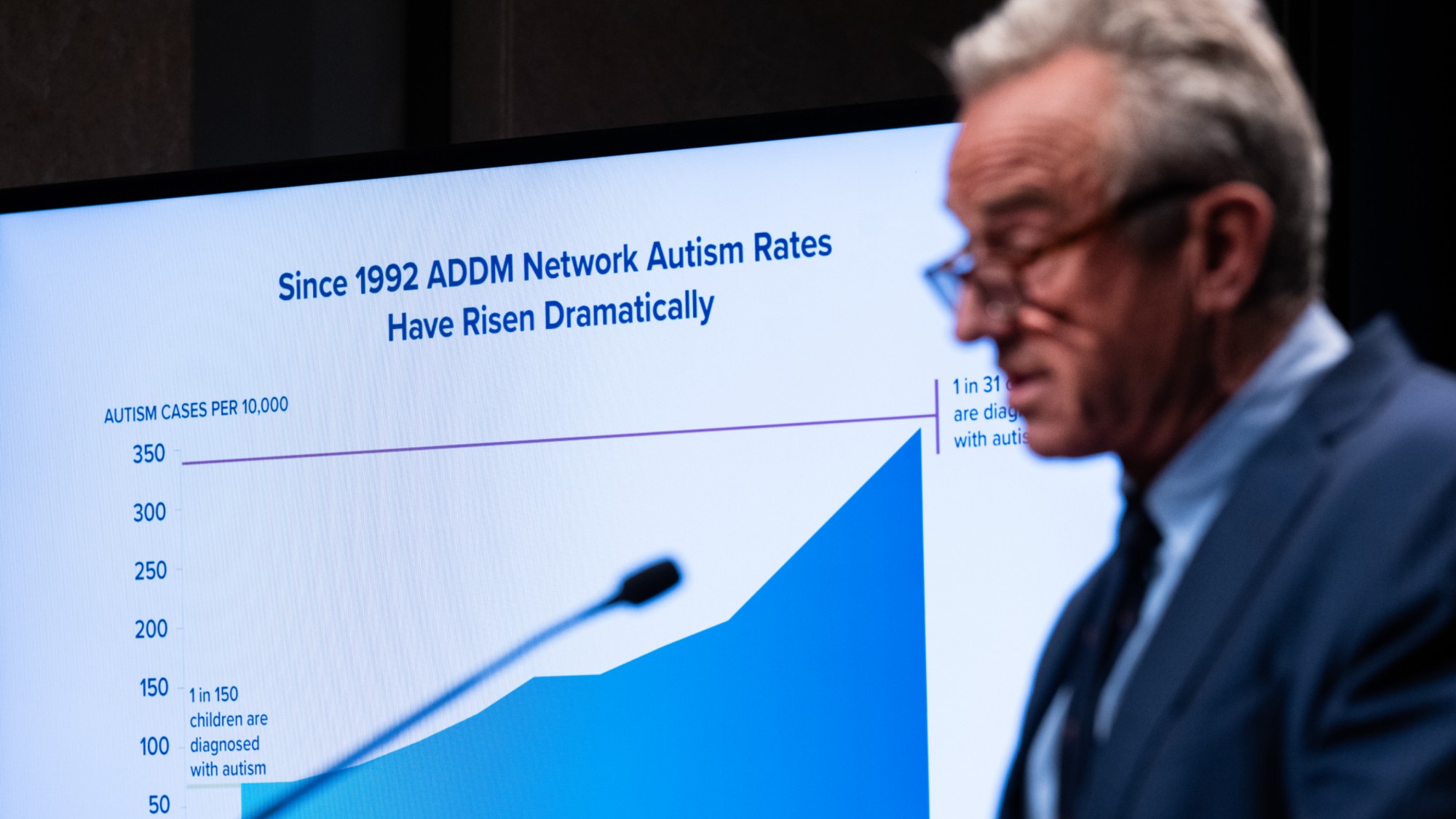Is sex addiction really a mental health disorder?
Classification by WHO opens the door to treatment on the NHS
A free daily email with the biggest news stories of the day – and the best features from TheWeek.com
You are now subscribed
Your newsletter sign-up was successful
Compulsive sexual behaviour, commonly known as sex addiction, has been classified as a mental health disorder by the World Health Organisation.
The newly updated WHO International Classification of Diseases list, used by scientists and clinicians around the world to identify and study health problems, injuries and causes of death, defines compulsive sexual behaviour disorder as a “persistent pattern of failure to control intense, repetitive sexual impulses or urges resulting in repetitive sexual behaviour”.
Sex addiction is not defined by how many sexual partners or encounters someone has, but is diagnosed when someone’s sexual behaviour becomes a “central focus of the person’s life to the point of neglecting health and personal care or other interests, activities and responsibilities”.
The Week
Escape your echo chamber. Get the facts behind the news, plus analysis from multiple perspectives.

Sign up for The Week's Free Newsletters
From our morning news briefing to a weekly Good News Newsletter, get the best of The Week delivered directly to your inbox.
From our morning news briefing to a weekly Good News Newsletter, get the best of The Week delivered directly to your inbox.
Research into the extent of sex addiction is limited, although some studies such suggest it could affect as much as 5% of the population, making it more common than bipolar disorder or schizophrenia.
In more extreme cases it can seriously interfere with someone’s ability to work or finish school and harm relationships.
However, says CNN, the WHO decision is “not without controversy”.
As when WHO added gaming disorders to the list of mental health disorders in June, not all clinicians agree that the condition is worthy of inclusion.
A free daily email with the biggest news stories of the day – and the best features from TheWeek.com
“Some debate whether it is a standalone disorder,” says CNN. “Others doubt whether sex can be addictive and view the label as potentially shaming”. Some experts also question whether sex can be classed an addiction if no substance, such as drugs or alcohol, are being abused.
Yet those who support the move by the WHO point to the huge number of sex addiction support groups around the world.
Dr Valerie Voon, from the Royal College of Psychiatrists, said compulsive sexual behaviour “tends to be hidden as it's shameful”, meaning sex addicts often don't seek help.
“Adding this to the WHO list is an excellent step for patients, as it allows them to recognise that they are suffering with a problem," she told The Sun, which lists eight signs you could be a sex addict.
The NHS does not currently recognise sex addiction as an illness, but the WHO ruling may result in treatment being made available, reports Metro.
-
 Switzerland could vote to cap its population
Switzerland could vote to cap its populationUnder the Radar Swiss People’s Party proposes referendum on radical anti-immigration measure to limit residents to 10 million
-
 Political cartoons for February 15
Political cartoons for February 15Cartoons Sunday's political cartoons include political ventriloquism, Europe in the middle, and more
-
 The broken water companies failing England and Wales
The broken water companies failing England and WalesExplainer With rising bills, deteriorating river health and a lack of investment, regulators face an uphill battle to stabilise the industry
-
 ‘Longevity fixation syndrome’: the allure of eternal youth
‘Longevity fixation syndrome’: the allure of eternal youthIn The Spotlight Obsession with beating biological clock identified as damaging new addiction
-
 RFK Jr. sets his sights on linking antidepressants to mass violence
RFK Jr. sets his sights on linking antidepressants to mass violenceThe Explainer The health secretary’s crusade to Make America Healthy Again has vital mental health medications on the agenda
-
 The app tackling porn addiction
The app tackling porn addictionUnder the Radar Blending behavioural science with cutting-edge technology, Quittr is part of a growing abstinence movement among men focused on self-improvement
-
 Scientists have identified 4 distinct autism subtypes
Scientists have identified 4 distinct autism subtypesUnder the radar They could lead to more accurate diagnosis and care
-
 'Wonder drug': the potential health benefits of creatine
'Wonder drug': the potential health benefits of creatineThe Explainer Popular fitness supplement shows promise in easing symptoms of everything from depression to menopause and could even help prevent Alzheimer's
-
 Fly like a breeze with these 5 tips to help cope with air travel anxiety
Fly like a breeze with these 5 tips to help cope with air travel anxietyThe Week Recommends You can soothe your nervousness about flying before boarding the plane
-
 RFK Jr.'s focus on autism draws the ire of researchers
RFK Jr.'s focus on autism draws the ire of researchersIn the Spotlight Many of Kennedy's assertions have been condemned by experts and advocates
-
 Mental health: a case of overdiagnosis?
Mental health: a case of overdiagnosis?Talking Point Issues at 'the milder end of the spectrum' may be getting wrongly pathologised